Indigenous voice to parliament: why I’m increasingly concerned the referendum will fail
I’m growing increasingly concerned that the divisive debate means the referendum may fail. At the heart of such concern is the pursuit of constitutional rather than simple legislative reform.
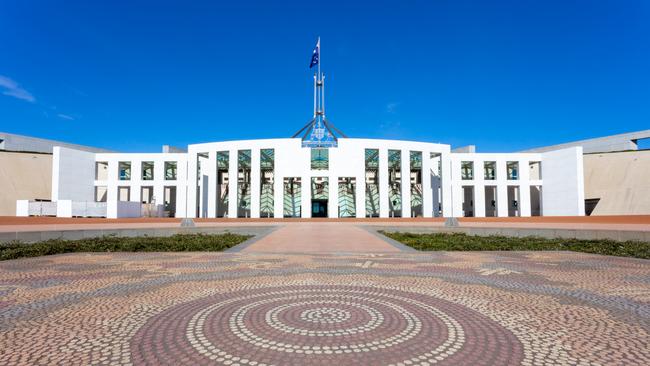
It still remains more likely that the constitutional question will succeed, even though referendums rarely secure majority support in a majority of states. But doubts are growing.
This masthead reported on Friday that Attorney-General Mark Dreyfus sought to water down the model, presumably to make it more palatable to voters, earning him a rebuke from Indigenous leaders on the government’s own Referendum Working Group.
We can discard the chances of this year’s referendum mirroring the 90 per cent-plus support the 1967 referendum on Indigenous rights secured. It’s even hard to see the voice winning more than 62 per cent of Australians, which the Yes campaign achieved via the 2017 postal plebiscite on marriage equality.
While voice advocates say “a win is a win is a win”, a narrow victory would be more pyrrhic than romantic, undermining the cause for further debates on Indigenous rights. I for one am open to a treaty, which currently most Australians are not.
If Anthony Albanese’s push for constitutional reform succeeds, he will rightly be able to take the lion’s share of the credit. However, if it fails, the repercussions will strike at Albanese’s leadership.
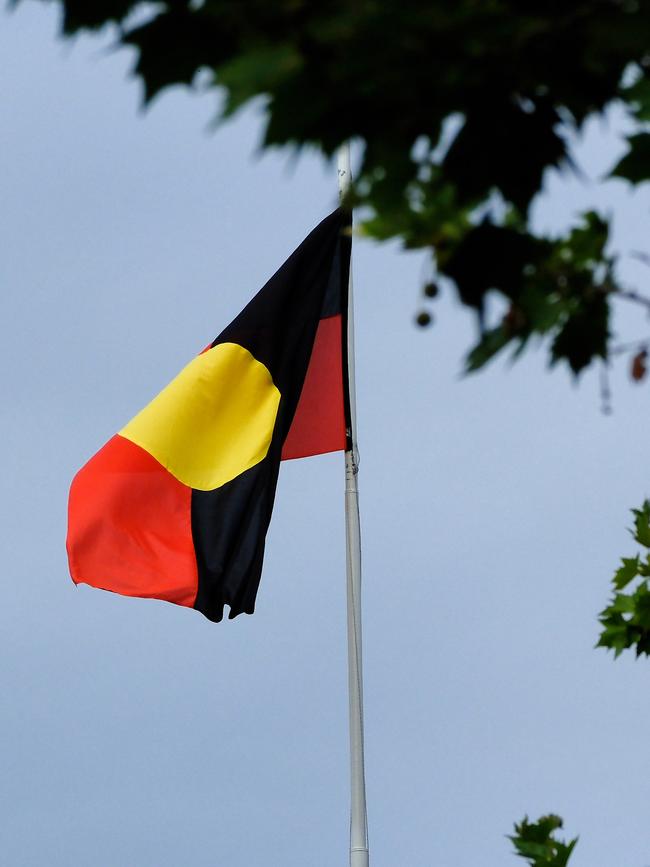
It’s no coincidence some of his most senior ministers, and future leadership rivals, have largely left the Prime Minister to make the case for change all on his own. Perhaps the government should have simply legislated an Indigenous voice. Constitutional change isn’t a must. It has the numbers in both chambers to successfully pass the voice into law.
While constitutional change is more memorable, and historic, it does little more practically, unless the constant assurances by Yes advocates that our systems of government won’t change are false.
The Prime Minister has suggested he’ll legislate a voice to parliament even if the constitutional question is rejected by the people. That’s a sure-fire way of discarding votes before a single one has been cast.
Albanese’s pursuit of a referendum to enact the voice is starting to have parallels with Scott Morrison’s pursuit of the Religious Discrimination Bill. Both are motivated by institutionalising different forms of power based on where the respective leaders think our country should be.
The problem with both reform proposals is that they will never be enough for those they are designed to benefit.
There was no bill that would be good enough for religious groups wanting the law to protect their interests or advance their causes. Not in a form that would be capable of passing the parliament.
There is no voice proposal that would be strong and empowered enough to advance the cause of Indigenous Australians, satisfying activists for change. Not one that would secure majority support nationally and in a majority of states.
The stronger such proposals for change become, the less capable they are of winning popular approval. Instead they build resistance: opponents don’t want a solution; advocates inevitably regard what’s proposed as too weak.
Morrison learned this lesson the humiliating way. The voice risks trending in the same direction. I hope I am wrong. But Morrison’s prime ministership was already cooked. Albanese’s is only just getting started. He can’t afford to fail. He has a lot more governing to do.
If Albanese fails, his colleagues may conclude that he can’t carry an argument. I wouldn’t underestimate the political manoeuvring that could occur if the referendum goes down.
The polling on the voice is already slipping faster than most thought it would. Marcia Langton – a leading scholar in this space – thinks decisions of the executive should be challengeable to the High Court if it doesn’t listen to the voice.
If that is spelt out as an option, understood by voters, there is no way such constitutional reform gets up, whether it’s valid or not. The Prime Minister claims that simply won’t happen, but how do you propose constitutional reform that guarantees no High Court contestation? It’s the High Court’s role to sit in judgment.
The problem with these sorts of debates is that they are all about the shades of grey. But once they get put to a public vote they become black and white. Binary in nature, necessarily so. Nuance can be lost. Whether it’s constitutional reform or election commitments, when you take proposals to the people moral courage can be lost. Especially in the modern political environment. Proposals get simplified to enhance the chances of success.
The parliament gives politicians the space to legislate more complicated challenges, and Albanese has a favourable Senate for doing so. Embarking on risky constitutional change may be unnecessary. This is why he favours a simple constitutional question to (hopefully) endorse more complex manoeuvring to craft the legislation to go with it. As long as he doesn’t fall over at the first hurdle.
This week Sally Rugg lost her bid to continue working for teal MP Monique Ryan while their workplace dispute plays out in the courts. It was the only realistic option. The idea of the pair working closely together at such a time would have been ludicrous.
The court will decide if Rugg has a valid case or not, assuming the activist is all about creating a test case via a ruling, rather than settling for a wad of cash.
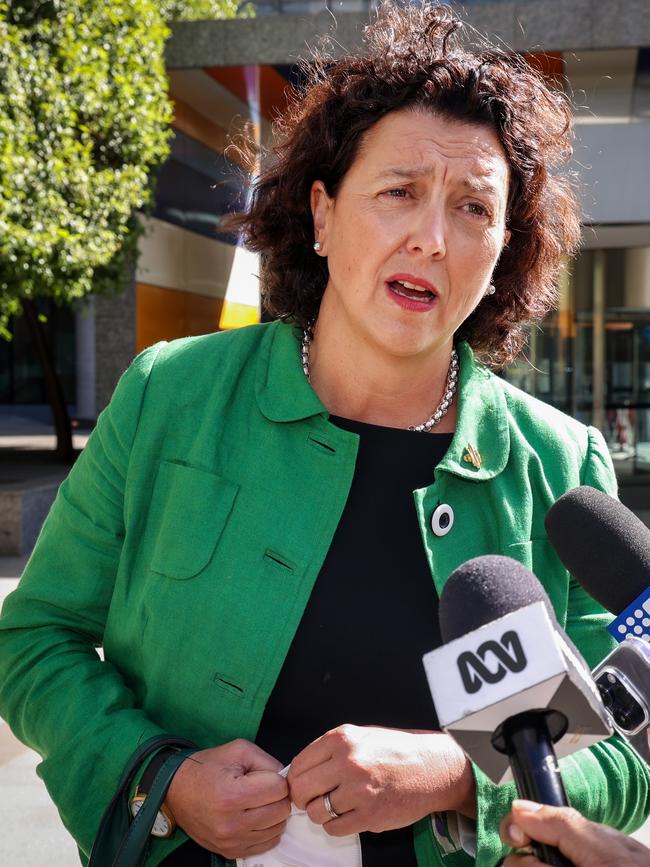
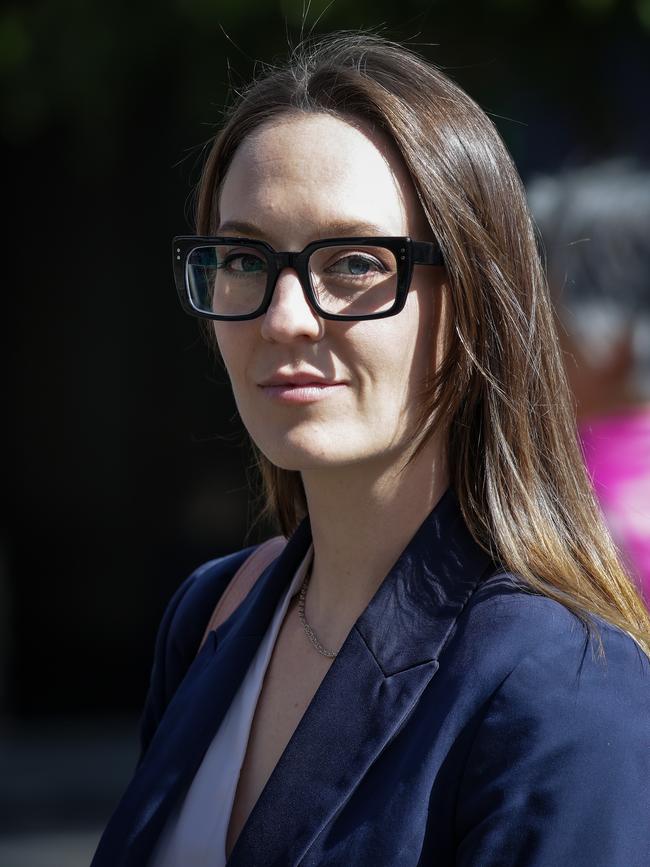
You can only laugh at the irony that her action revolves around complaints of unreasonable working hours, yet Rugg has said she dreams of becoming a parliamentarian one day and it would be “irreparably affected if the termination were to proceed”.
I wonder if she realises how hard politicians work. If she’s not up for the long hours of political staffing she’s unlikely to be well suited to the job of an MP.
As for Rugg’s concerns about the irreparable damage done to her relationship with the teals that comes from a termination, it probably pales into insignificance alongside the damage done by suing one of their key players because she (allegedly) made her work too hard.
If this whole mess helps Josh Frydenberg mount a political comeback, defeating Ryan at the next election, the first person he should call and thank is Rugg. It’s unlikely he’ll offer her a job if he does.
Peter van Onselen is a professor of politics and public policy at the University of Western Australia and Griffith University.


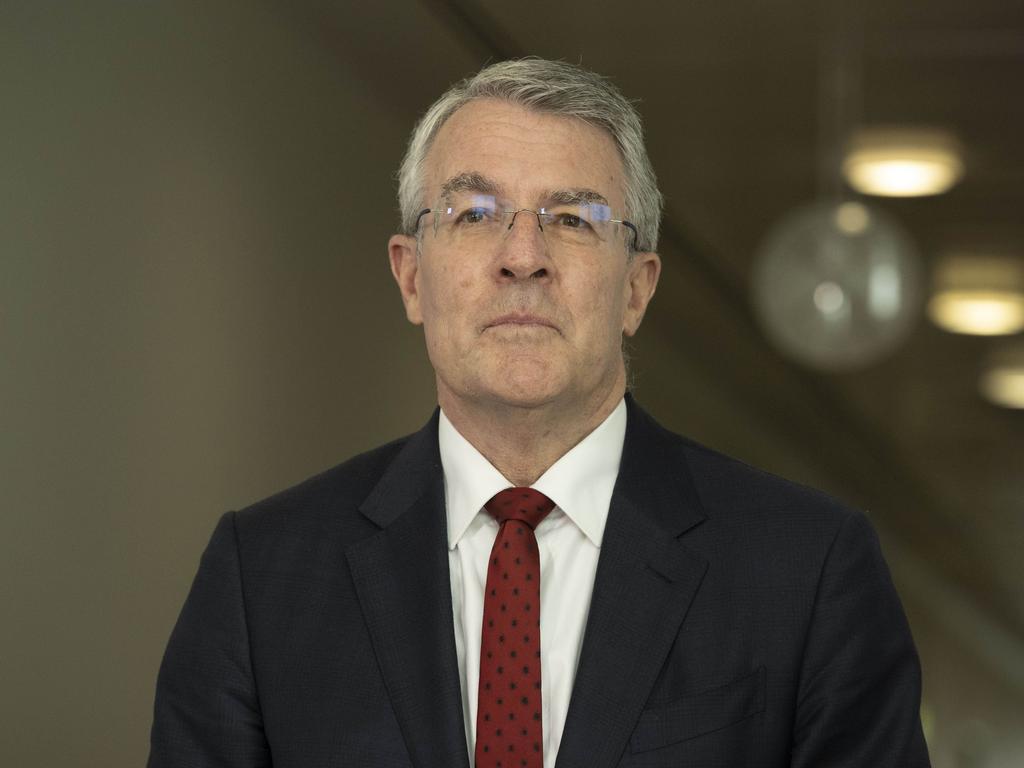
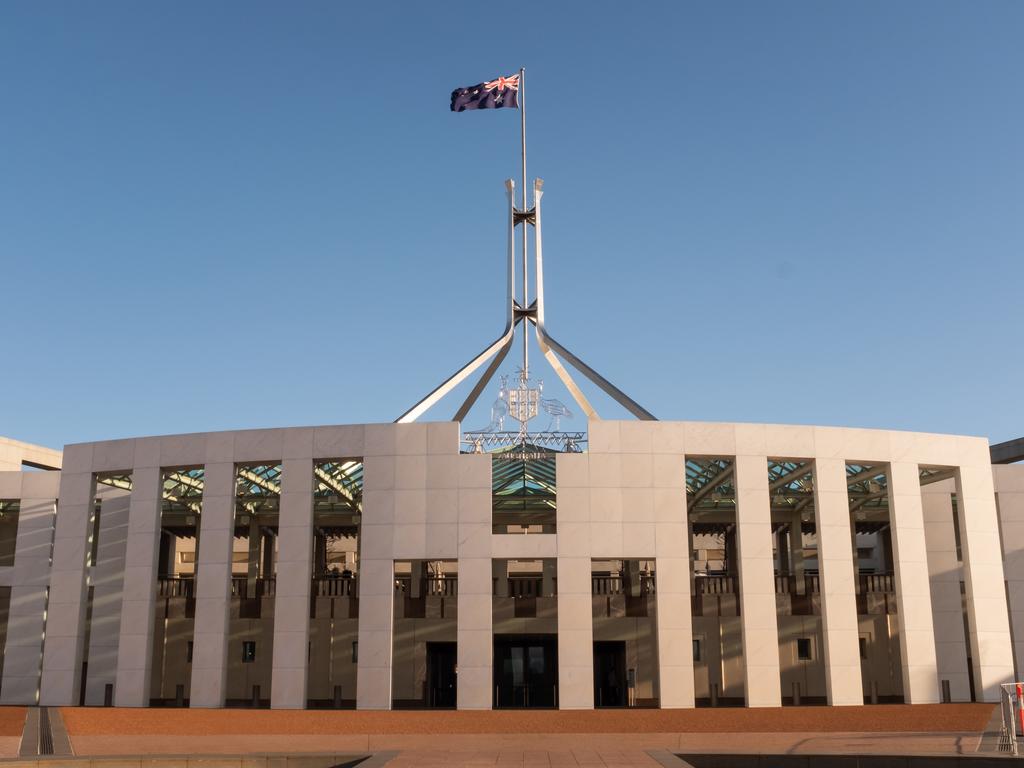
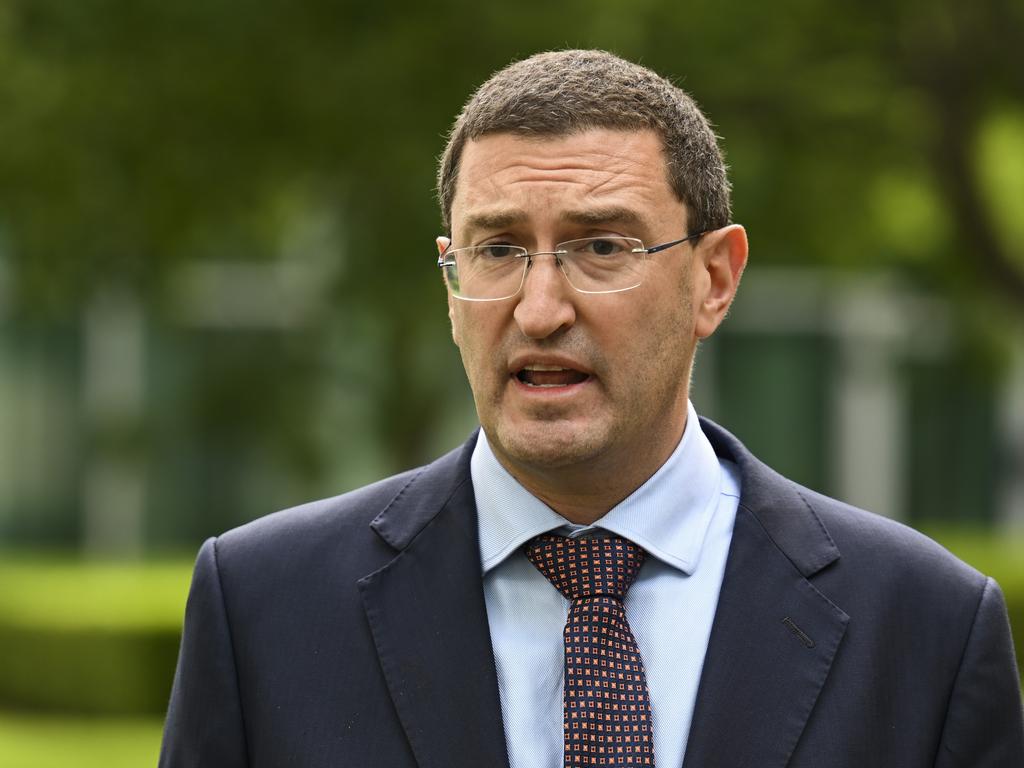



As someone who wants to see an Indigenous voice to parliament successfully implemented, I’m growing increasingly concerned that the debate is becoming divisive and the push for change might fail. At the heart of such concern is the pursuit of constitutional rather than simple legislative reform.